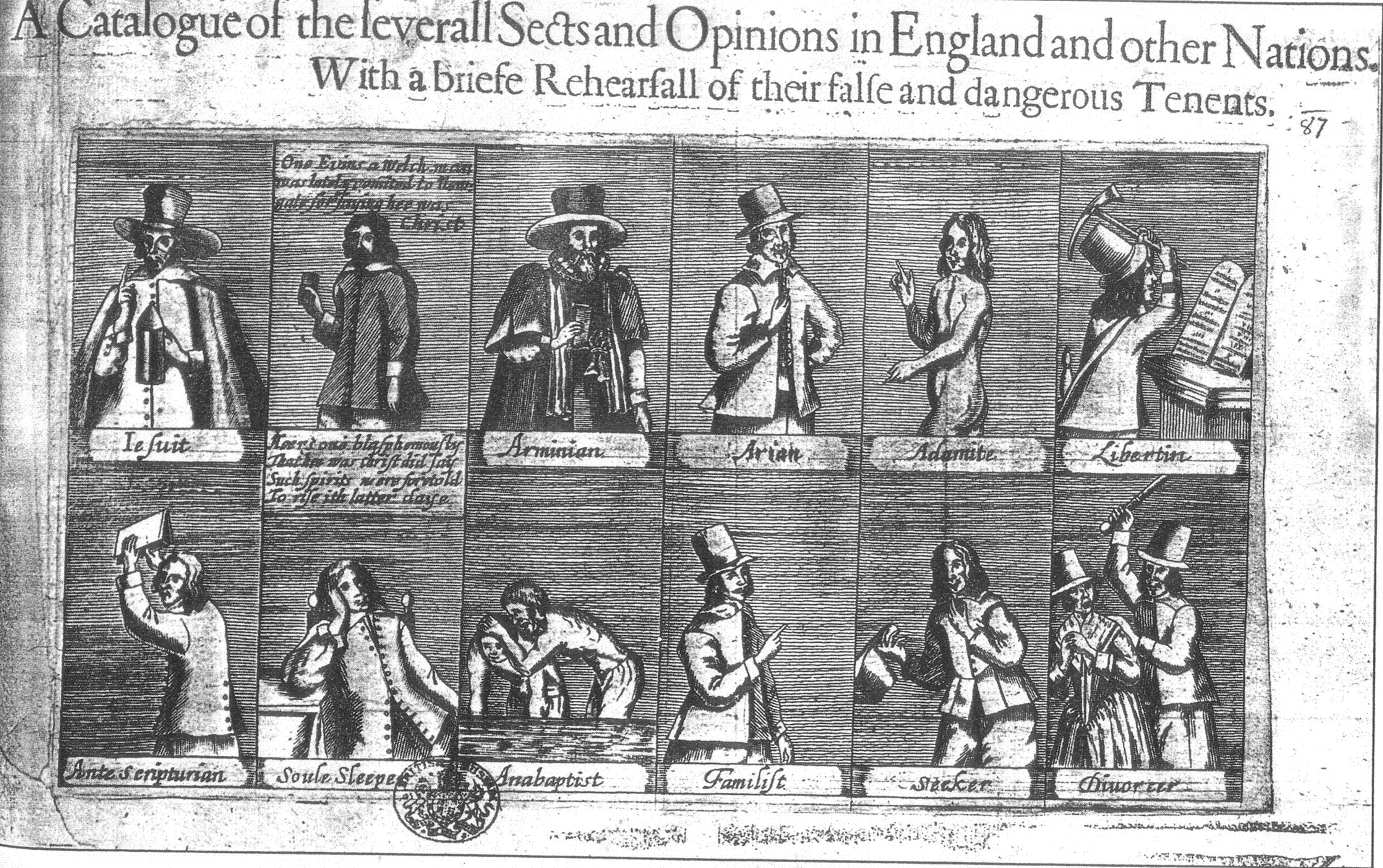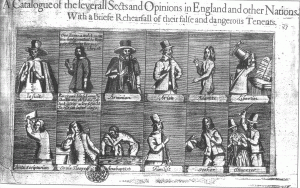A little appreciated detail of the history of Pennsylvania is its involvement with radical mystical mysticism. For instance the namesake of the town of Yardley, located on the banks of the Delaware River became involved with the Familia Caritatis or Family of Love while living in England. they’re discussed at Wikipedia https://en.wikipedia.org/wiki/English_Dissenters and on the Global Anabaptist Mennonite Encyclopedia Online website http://gameo.org/index.php?title=Family_of_Love (GEEZ – who know that such a thing existed!). This latter site says of the Familists’ leader Hendrik Niclaes:
“The ideas of Niclaes are strongly spiritualistic with neo-Stoic influence. He saw himself as sent by God to be a new mediator to continue the work of Christ. He believed that his followers should become one with Christ by imitating his life and spiritually experiencing his death on the cross. Being successful in this meant to become deified and perfect.”
Established in the mid 16h century the group lost momentum over the ensuing century and some members alligned themselves with the Religious Society of Friends, colloquially known as the Quakers. (one source attributes the name to a judge in 1650 calling them Quakers “because I bid them tremble before the Lord”.)
One member of the Familia Caritatas, William Yardley, was among those who wound up becoming a Quaker, being imprisoned in England for his active ministry and then emigrating to the New World and settling in the colony set up by fellow Quaker, William Penn. Penn had been given a tract of land in the Americas to settle a debt owed to his father that became the Province of Pennsylvania. An advocate for religious freedom, Penn’s province became a haven for religious and spiritual dissenters including the Quakers, Mennonites and smaller, unnamed cults and solitary ascetics. Interestingly the province’s first city would share a name with a 17th century English sect called the Philadelphians whose doctrines included some held by Jacob Boehme.
The Pennsylvania Quakers would involved with many revolutionary projects over the years including the establishment of the first penitentiary, Eastern State Penitentiary (which still stands) which promoted the alternative of putting criminals into prolonged custody and giving them individual cells wherein to meditate upon their crimes and repent i.e. become penitents… as opposed to executing them or cutting off a hand for stealing food.
Christopher Marsh’s The Family of Love in English Society, 1550-1630 discusses the Familia Caritatis in detail.
“This book traces the history of the outlawed mystical fellowship, the ‘Family of Love’, in sixteenth- and seventeenth-century England. The Familists, devoted followers of a Messianic Dutch mystic named ‘H. N.’, were passionately denounced by many literate contemporaries, and an association with extremism, subversion and hypocrisy has endured. The author tracks the English Familists into their houses, fields and places of work. Although members of the Family were few in number and highly secretive, identification has proved possible in contexts ranging from the court of Elizabeth I to rural villages in Cambridgeshire. The author also examines the distinctive way of life which was developed by Family members within a wider society that, on the face of it, was hostile to religious dissenters: one surprising conclusion is that most English men and women seem to have possessed an impressive capacity to tolerate known ‘heretics’ in their midst.”
https://books.google.com/books/about/The_Family_of_Love_in_English_Society_15.html?id=W9146VAhzPUC


